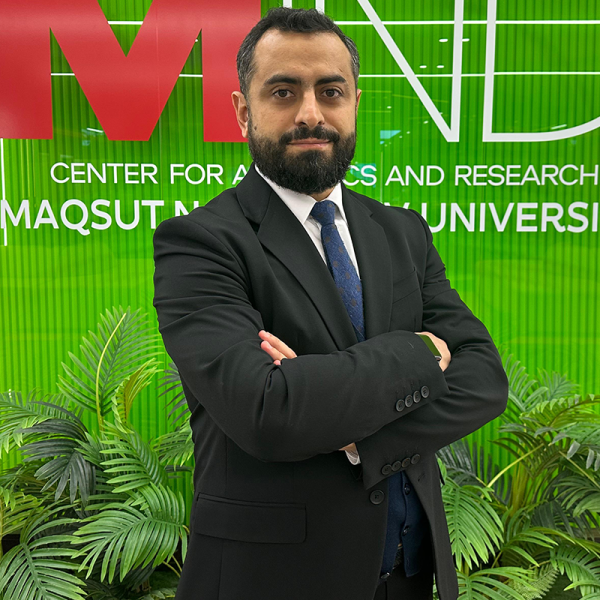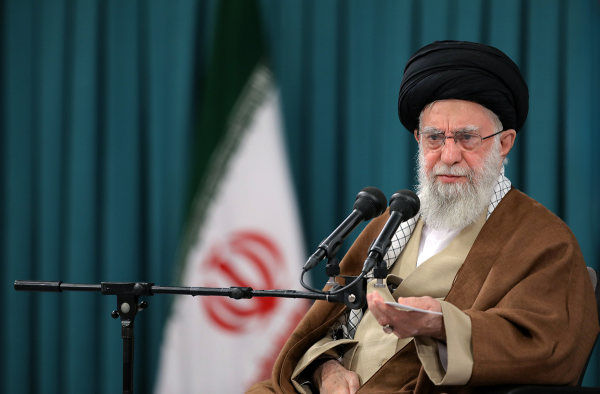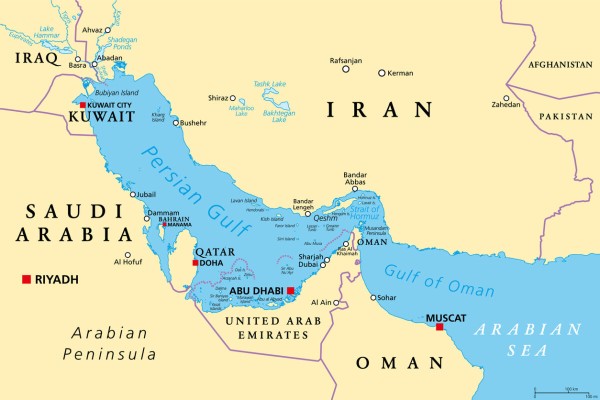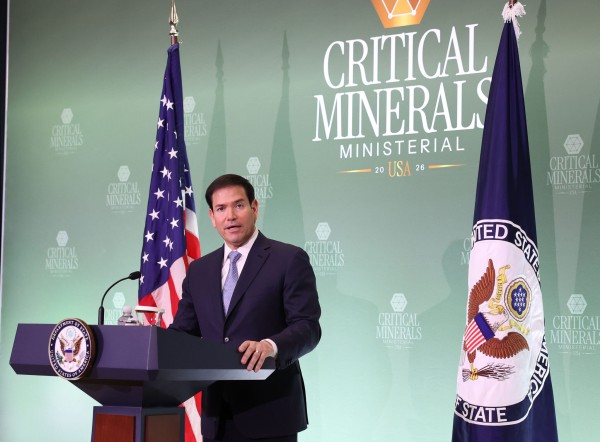Kazakhstan’s evolving military strategy: peacekeeping and autonomy as pillars of a middle power
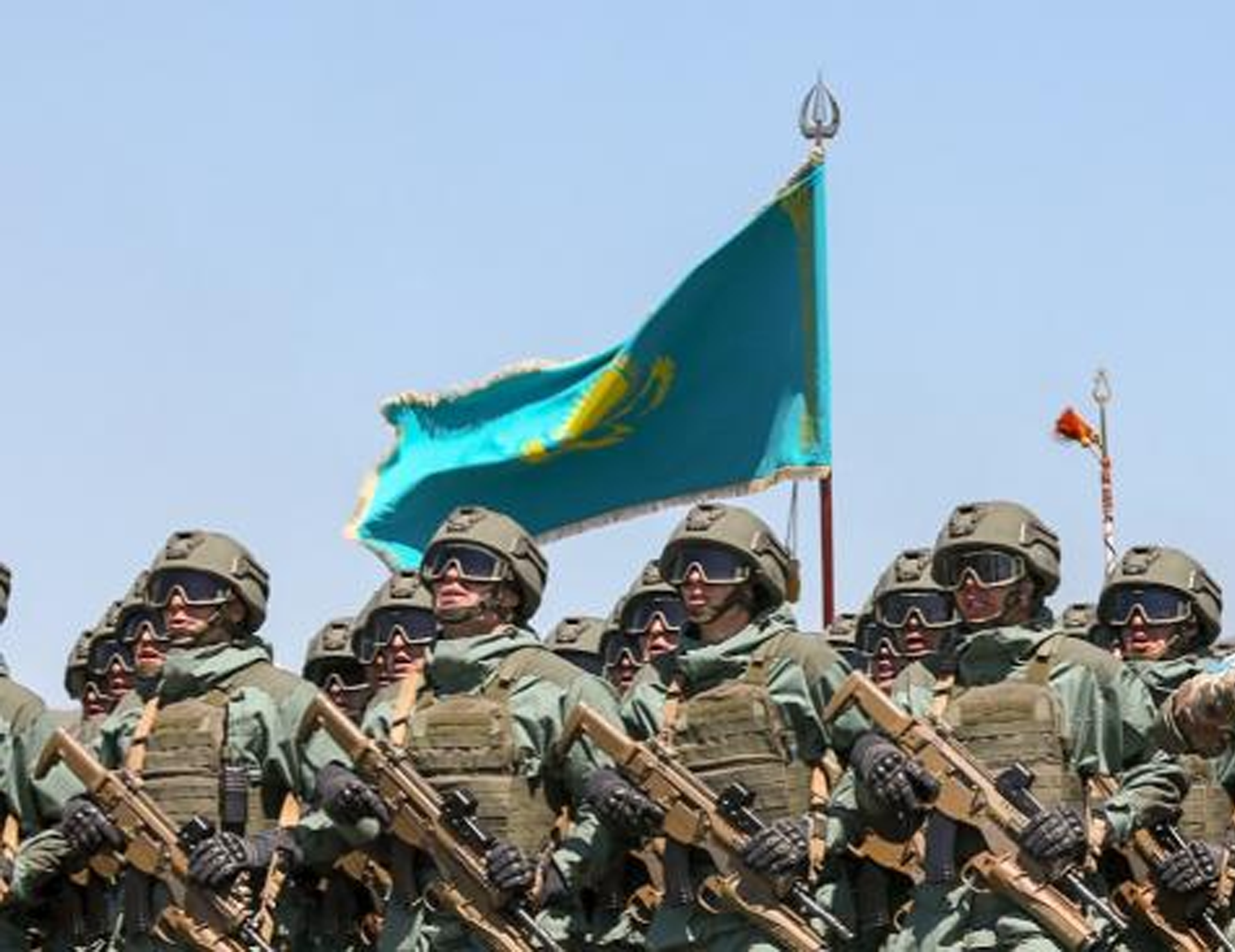
Introduction
Since gaining independence from the Soviet Union in 1991, Kazakhstan’s military posture has been defined by strategic dependency on Russia, especially in high politics involving security and defense. While Astana has exercised greater autonomy in economic and diplomatic domains, its military reliance on Moscow remained largely uncontested. However, the Russian invasion of Ukraine in 2022 disrupted regional dynamics, forcing Russia to reallocate military resources and granting Kazakhstan a rare strategic window to diversify its security portfolio. This article explores how Kazakhstan is seizing this opportunity to redefine itself as a Middle Power with an emphasis on peacekeeping and military self-reliance.
Kazakhstan’s Rise as a Middle Power
Kazakhstan has increasingly embraced the identity of a Middle Power within the global order. President Kassym-Jomart Tokayev's May 2024 article emphasized the importance of Middle Powers in safeguarding multilateralism—a view echoed by the German Institute for International and Security Affairs (SWP), which formally classified Kazakhstan in this category. Middle Powers typically pursue balanced foreign policies, invest in self-reliant defense capabilities, and contribute to international peace. Tokayev’s 2023 state address prioritized the development of a domestic defense industry capable of producing high-tech weaponry. This strategic pivot indicates Kazakhstan’s desire to reduce external dependency and enhance its defense autonomy.
Strategic Peacekeeping: A Viable Security Avenue
Kazakhstan’s multi-vector foreign policy complicates deeper alignment with rigid security alliances such as NATO or the CSTO. In this context, participation in United Nations peacekeeping operations provides a non-aligned yet high-impact platform to build military capacity and international legitimacy. This approach linked with the framework advanced by Edström (2020), who argues that Middle Powers often strengthen regional security governance while building expeditionary capabilities. Kazakhstan has adopted this model and maintain peacekeeping as a tool for both operational readiness and soft power projection. In 2024, Kazakhstan deployed its first independent military unit to a UN mission in the Middle East—a milestone reflecting its ambition to contribute more actively to global security. This deployment serves dual purposes: sharpening operational preparedness and showcasing Kazakhstan’s commitment to multilateralism.
Building Institutional and Operational Capacity
Central to Kazakhstan’s peacekeeping architecture is the Kazakhstan Peace Operations Center (Kazcent). As an English-language training institution, Kazcent prepares troops to meet UN standards and ensures interoperability with international forces. The facility enhances Kazakhstan’s credibility and capacity as a peace-contributing nation. In March 2024, Kazakhstan independently deployed 139 personnel to the Golan Heights as part of the UN Disengagement Observer Force (UNDOF). Notably, the entire operation—from logistics to transport and equipment—was carried out exclusively by Kazakh forces. The mission utilized domestically sourced assets, including the A400M Airbus military transport aircraft and fifteen locally manufactured “Arlan” armored personnel carriers. This self-sufficient deployment marked a significant milestone in Kazakhstan’s growing expeditionary capabilities and underscored its commitment to becoming a reliable and autonomous contributor to international peacekeeping efforts.This operation demonstrated Kazakhstan’s emerging ability to project force independently—a hallmark of a mature Middle Power.
Field Performance and Operational Resilience
Kazakhstan peacekeepers faced their first major operational challenge in December 2024, amid escalating tensions between Hayat Tahrir al-Sham and Israeli forces in the Golan Heights. Despite the unsafe environment, Kazakh troops were commended by UN officials for their effective crisis management, which included the evacuation of UN staff from Damascus, protection of civilians in areas of responsibility, and secure escort of humanitarian convoys. Demonstrating continued operational maturity, Kazakhstan successfully completed a full troop rotation in April 2025 using its own A400M fleet—further evidence of the country’s growing logistical readiness. With a second A400M aircraft expected soon, Astana is steadily enhancing its strategic airlift capabilities by not only reinforcing its ability to sustain long-term expeditionary operations but also deepening its role in international peacekeeping.
Challenges and Prospects
Despite these achievements, Kazakhstan faces significant domestic challenges. Bureaucratic inefficiencies, limited combat experience, and leftovers of Soviet-era infrastructure may constrain rapid modernization. Nonetheless, by committing to UN peacekeeping, Kazakhstan is finding an approach to remain neutral of major geopolitical conflicts while building a strong reputation as a responsible and active member of the global governance. Looking ahead, Kazakhstan’s intent is to scale up its contributions—from company-level to potentially battalion or brigade-level peacekeeping missions. This progression would place it alongside established peacekeeping nations and further protect its Middle Power credentials.
Conclusion
Kazakhstan’s evolving military strategy reflects two interlinked trends that mark its emergence as a proactive Middle Power. First, the emphasis on strategic self-reliance is evident in the country's growing investments in domestic arms manufacturing and the development of logistics infrastructure, such as the production of "Arlan" armored vehicles, and the expansion of air force unit capabilities. Second, Kazakhstan is deepening its global engagement through peacekeeping by utilizing participation in United Nations missions as both a training ground and a diplomatic platform. These deployments provide critical operational experience while enhancing Kazakhstan’s legitimacy as a responsible contributor to international security. Despite ongoing challenges—including legacy Soviet-era systems and limited combat exposure—Kazakhstan’s balanced pursuit of autonomy and multilateral cooperation demonstrates its strategic recalibration. By institutionalizing peacekeeping capabilities and modernizing its defense sector, Astana is not only strengthening national security but also reshaping its identity within the global order.



